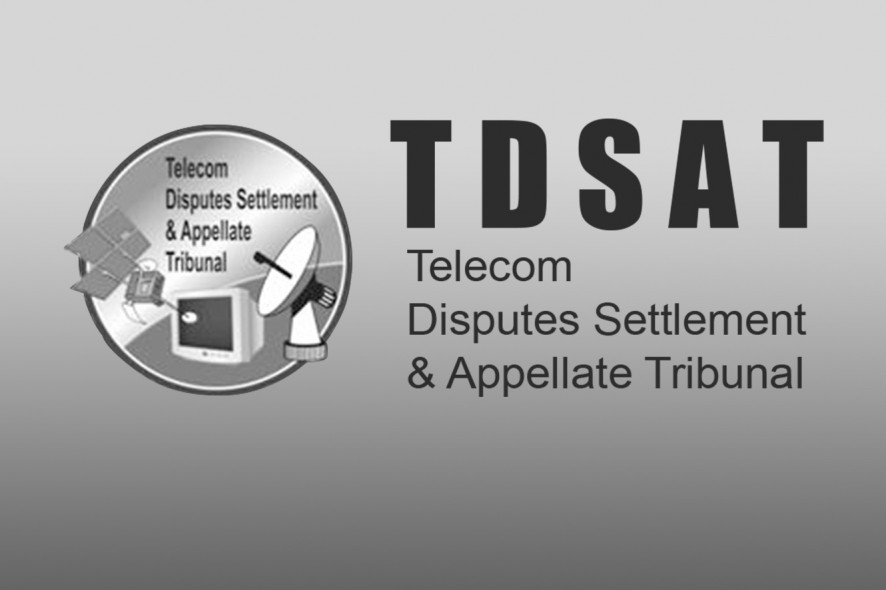Telecom Disputes Settlement and Appellate Tribunal: Justice S.K Singh (Chairperson), while hearing a petition regarding the dispute relating to the procedures to be followed by the telecom companies for obtaining the Unified License (UL), ordered in the favour of the petitioner, Aircel Ltd.
The issue in the present case arose when the Department of Telecommunications (DoT), Ministry of Communications, perpetually rejected the application of the petitioner for migration of its Cellular Mobile Telephone Service (CMTS) license to Unified License (UL) without properly considering the application of the petitioner.
The petitioner had filed for Corporate Insolvency Resolution Process under the Insolvency and Bankruptcy Code, 2016. By virtue of the provisions of IBC, a Resolution Professional (RP) was appointed and he was supposed to take over the charge of the debtor company so as to preserve the value of the property of the debtor company and manage its operation, suspending all the powers of the Directors of the petitioner company.
Under the broad guidelines laid down by the DoT for obtaining UL, Para 8 of which required the applicant company was required to submit an application which should be certified by the Company Secretary and authorized directors of the company. The petitioner company applied for the license with the respondents where the team of the appointed RP of the company had authorized the director of the petitioner company, Sandeep Vats, to be the authorised signatory.
The counsel for the respondents, Apoorv Kurup justified the decision of the respondents to reject the migration application of the petitioner company twice on the grounds of misrepresentation of the authorised signatory and non- compliance with the full procedure at the time of making the application on both the occasions.
The counsel for the petitioners, Salman Khurshid, contended that the power of attorney was transferred to Mr Vats by the team of the authorised RP and an email intimating the DoT was sent accordingly and hence the procedure was met with. Reliance was placed on the case of United Bank of India v. Naresh Kumar, (1996) 6 SCC 660 where it was held the even in the absence of an earlier Resolution of Board of Directors authorizing a person to sign the pleadings by an officer can be later ratified by a corporation later.
The Appellate Tribunal accepted the arguments of the petitioner and hence declared the order passed by the DoT on two previous occasions as bad in law and set it aside accordingly on the grounds of peculiar approach of the respondent in passing the orders.
The petition was allowed and the Tribunal held that the CTMS licence of the petitioner should be migrated to UL as a temporary arrangement till it is considered and made permanent by the DoT. [Aircel Ltd. v. Union of India, 2020 SCC OnLine TDSAT 1, decided on 10-01-2020]






